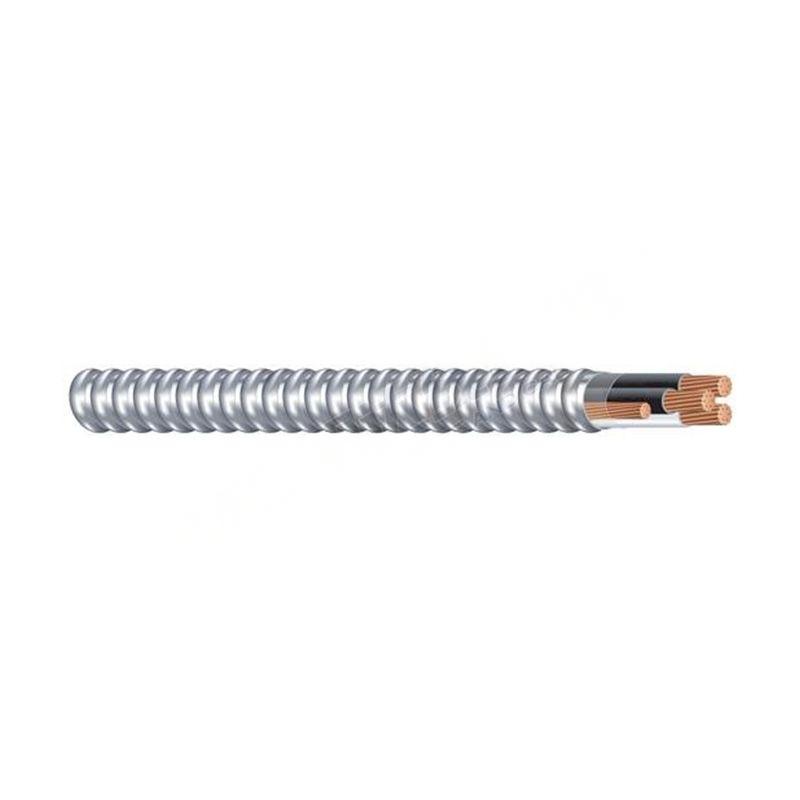9 月 . 28, 2024 21:31 Back to list
Understanding the Function and Importance of Flap Check Valves in Fluid Systems
Understanding Flap Check Valves Function, Design, and Applications
Flap check valves, also known as swing check valves, play a critical role in various fluid systems by preventing backflow and ensuring a one-directional flow of liquids and gases. These valves are particularly essential in systems where the direction of flow must be controlled for operational safety and efficiency.
What is a Flap Check Valve?
A flap check valve is a type of valve that utilizes a hinged disc or flap to allow fluid to flow through in one direction while preventing reverse flow. When the fluid moves in the forward direction, the flap opens, allowing the fluid to pass freely. If the flow reverses, the flap is pushed shut by the backflow, sealing the valve and blocking any reverse flow. This mechanism is essential for protecting equipment and maintaining system integrity.
Design Features
Flap check valves are characterized by their simple yet effective design. Key components include
1. Body Usually made from durable materials such as cast iron, stainless steel, or PVC, the body houses the operational components of the valve. 2. Flap The flap is the critical moving part that opens and closes in response to the flow of fluid. Its design can vary; for instance, some flaps are shaped to minimize pressure loss.
3. Hinge The hinge allows the flap to move freely, enabling it to open and close smoothly as the pressure changes.
4. Sealing Mechanism A well-designed sealing surface ensures that the valve closes tightly against backflow, preventing leaks and maintaining system pressure.
Advantages of Flap Check Valves
Flap check valves offer several advantages which make them a preferred choice in various applications
1. Simplified Installation These valves can be installed in any orientation, making them versatile for many systems.
2. Low Pressure Drop The aerodynamic design of the flap minimizes turbulence and pressure drop, which is advantageous for energy efficiency.
flap check valve

4. Compact Design Their relatively small size compared to other types of check valves means they can fit into tighter spaces without compromising performance.
Applications
Flap check valves are utilized in numerous industries and applications, including
1. Water Supply Systems In municipal water systems, flap check valves are essential for preventing backflow, which could contaminate potable water supplies.
2. Wastewater Management They help in controlling the flow of wastewater, preventing backflow into treatment facilities, and ensuring efficient sewage transport.
3. Pumping Systems In industrial and commercial pump applications, these valves protect pumps by preventing backflow during shutdowns or malfunctions.
4. HVAC Systems In heating, ventilation, and air conditioning systems, flap check valves prevent the backflow of air and maintain optimal airflow direction.
5. Oil and Gas Industry They play a critical role in pipelines, ensuring fluid is directed properly and preventing reverse flow during processing.
Maintenance and Considerations
While flap check valves are designed for durability, regular inspections and maintenance are essential to ensure reliable operation. Potential issues include wear on the hinge or sealing surfaces, which can lead to leaks or failure to close. Operators should also consider the valve's material compatibility with the fluids being transported to prevent corrosion or degradation over time.
Conclusion
In conclusion, flap check valves are integral components in many fluid systems, providing reliable backflow prevention and contributing to the overall efficiency of operations. Their simple design, durability, and versatility make them essential for a wide range of applications across various industries. Understanding how these valves function and their benefits can help engineers and operators make informed choices that enhance the performance and safety of their systems. By prioritizing regular maintenance and selecting the right materials, the operational lifespan of flap check valves can be maximized, ensuring efficient and safe fluid control.
Share
-
Understanding the Differences Between Wafer Type Butterfly Valve and Lugged Butterfly ValveNewsOct.25,2024
-
The Efficiency of Wafer Type Butterfly Valve and Lugged Butterfly ValveNewsOct.25,2024
-
The Ultimate Guide to Industrial Swing Check Valve: Performance, Installation, and MaintenanceNewsOct.25,2024
-
Superior Performance with Industrial Swing Check Valve: The Essential Valve for Any SystemNewsOct.25,2024
-
Industrial Swing Check Valve: The Ideal Solution for Flow ControlNewsOct.25,2024
-
You Need to Know About Industrial Swing Check Valve: Functionality, Scope, and PerformanceNewsOct.25,2024